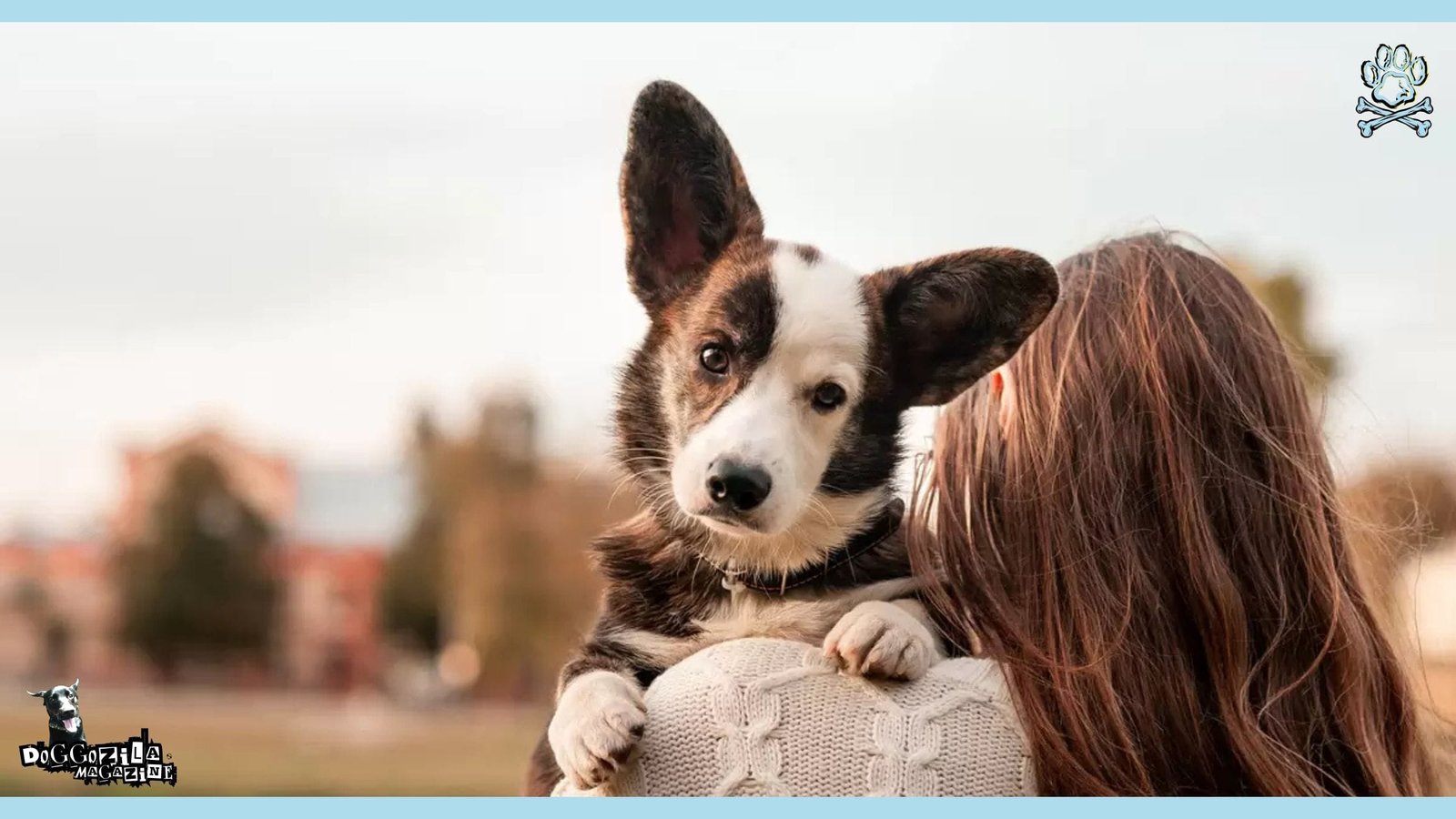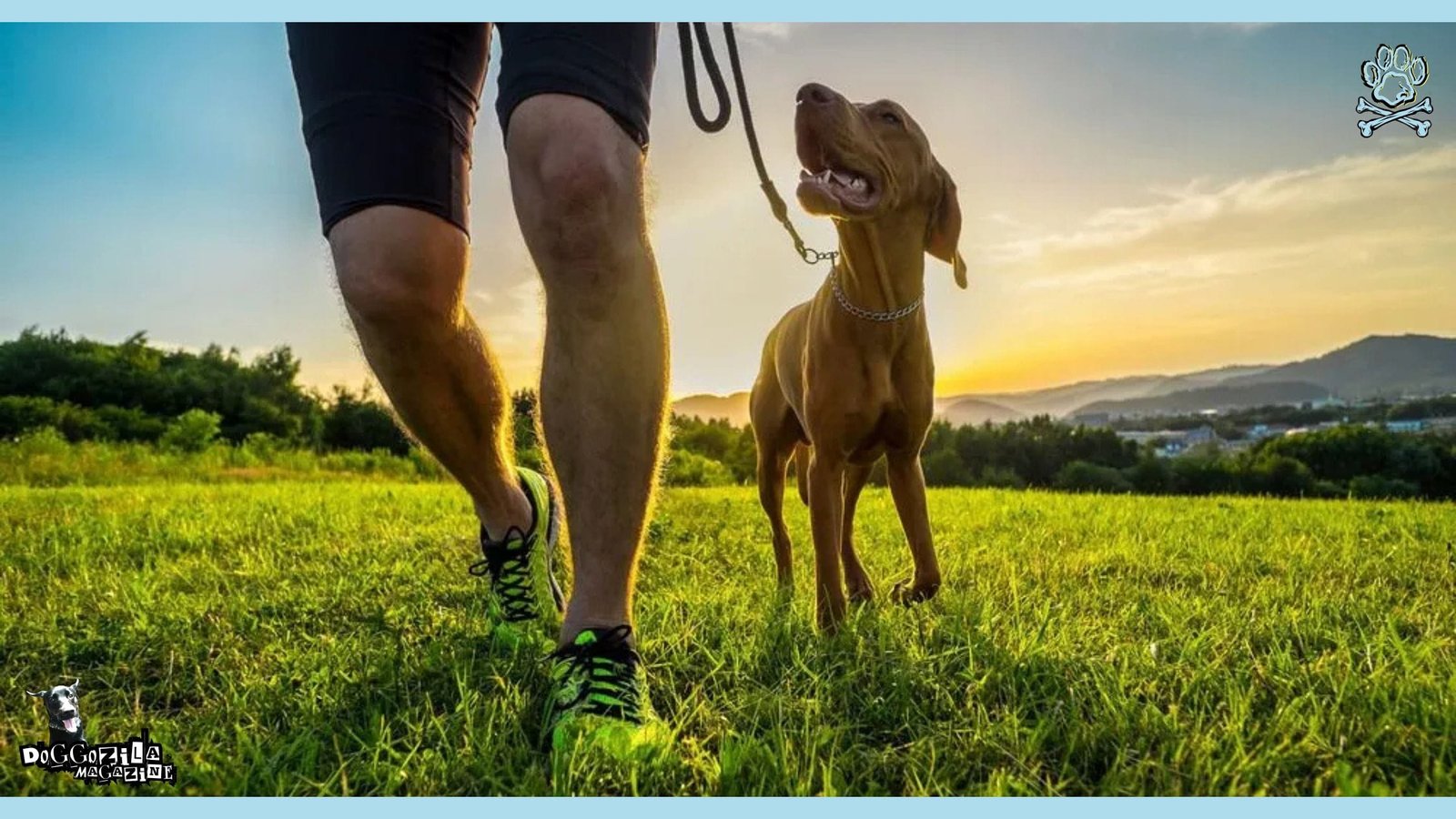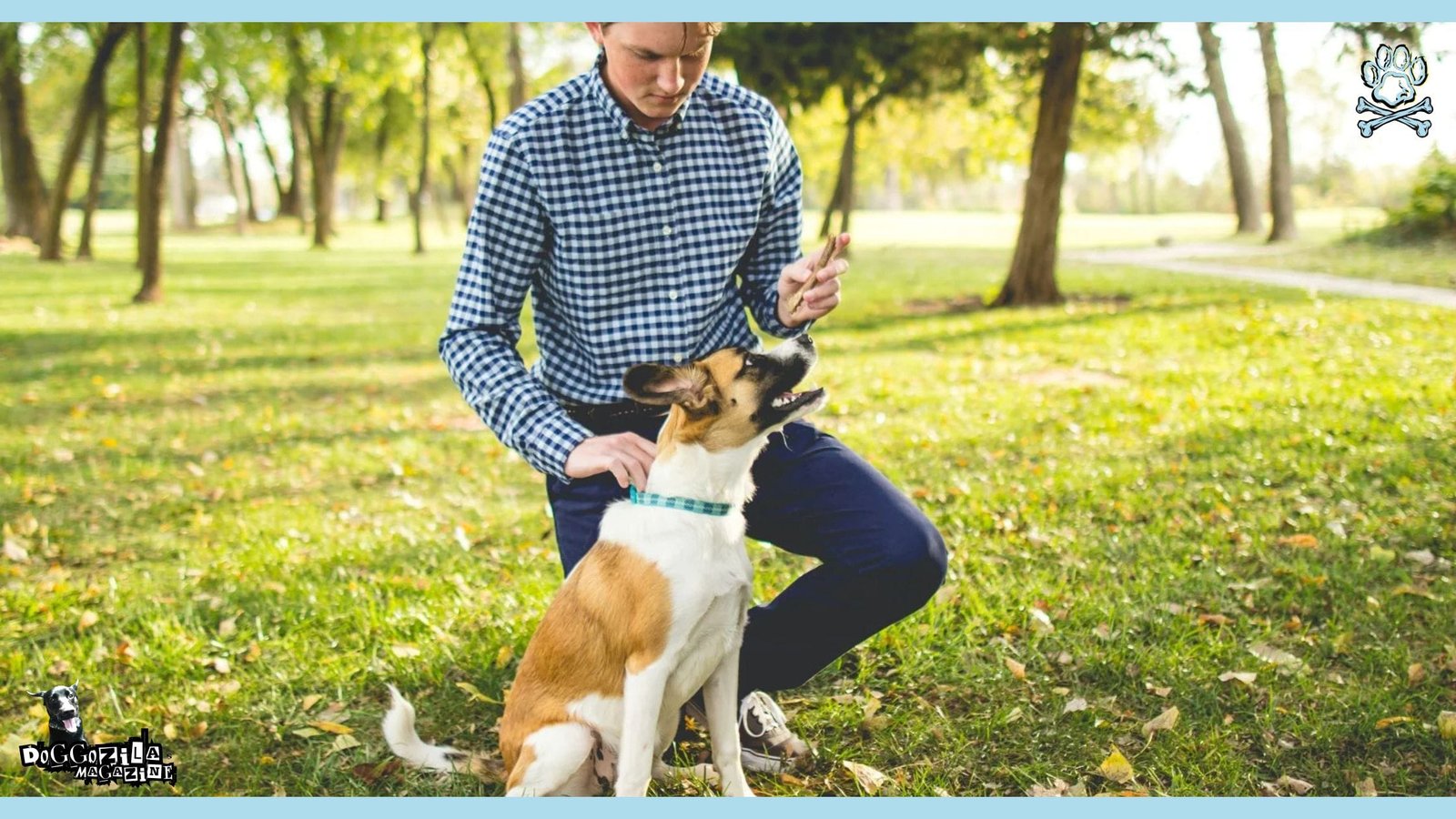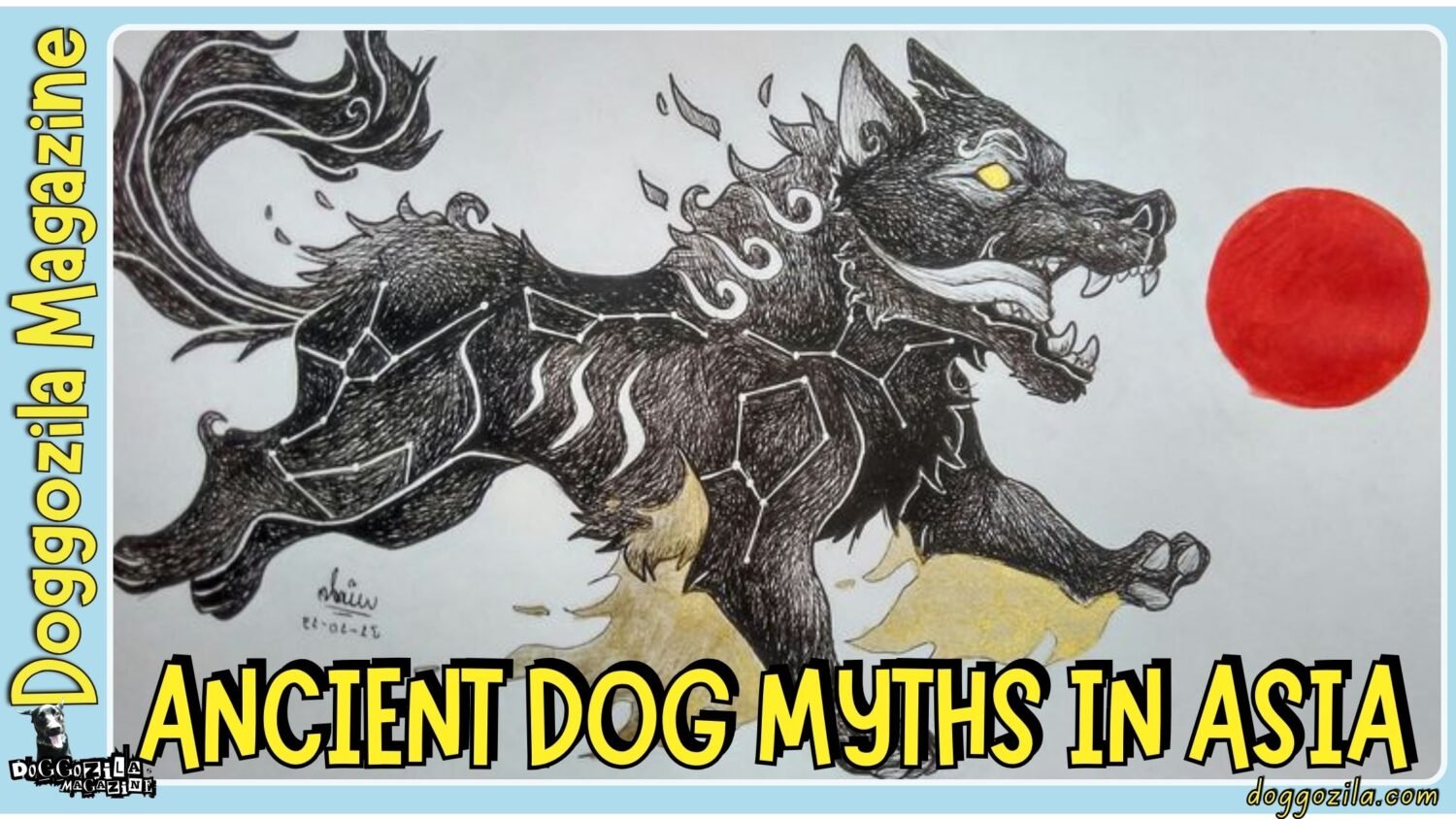
UNDERSTANDING DOG MEMORY
Did you know that your dog exhibit a complex memory system that is crucial for their survival and social interactions. Like humans, dogs possess both short-term and long-term memory, each serving distinct functions in their daily lives. Understanding dog memory provides insights into their behavior and enhances the relationships between dogs and their human companions.
Dog Memory Types (Short and Long Term)
Short-term memory in dogs, often referred to as working memory, allows them to hold onto information for a brief period. This is generally ranging from a few seconds to a few minutes. This type of memory is critical during activities such as learning commands. This helps them to process information being given to them at that moment.
In contrast, long-term memory is characterized by information retention over extended periods. That can last for days, months, or even years. Dogs utilize their long-term memory to recall experiences, familiar individuals, and learned behaviors.
This is reinforcing the bond they share with their owners. Notably, the capacity for long-term memory is often linked to emotional significance. Experiences evoking strong feelings—such as instances of praise or punishment—are more likely to be remembered.
Dogs’ Cognitive Abilities
The neural mechanisms behind dog memory operation involve both the hippocampus, which is primarily responsible for memory formation, and some regions of the cerebral cortex that store long-term memories. Recent research has suggested that dogs’ cognitive abilities may be more advanced than previously assumed as they are capable of associative learning.
This concept refers to the ability to link certain stimuli with specific outcomes. This is enabling dogs to remember events and situations that impact their well-being.
Understanding dog memory sheds light on their emotional responses and behavioral patterns. For example, a dog may remember the sound of a treat bag being opened or the presence of a familiar guest. As a result, the ability to recall such memories influences not only their adaptability but also their relationship with humans and other animals.
🔑 Key Points: Understanding dog memory provides insights into their behavior. There are two memory types – short and long term dog memory. Studies show that dogs’ cognitive abilities are more advanced that they guessed in the past.

SHORT-TERM MEMORY IN YOUR DOG
Short-term memory in dogs is an intriguing aspect of canine cognition that has been the subject of various studies. Research indicates that dogs possess the ability to remember specific events or objects for a limited duration. Typically, this retention period is brief, lasting up to approximately 30 minutes. This form of memory is crucial for activities such as locating hidden treats. This capitalizes on a dog’s keen sense of smell and association skills.
Spatial Awareness and Problem-Solving
During short-term memory tasks, dogs demonstrate an impressive capacity to recall the location of food or toys shortly after they have been hidden. For instance, when a dog witnesses a treat being concealed, it can often retrieve that treat within this half-hour time-frame. This ability showcases the dog’s cognitive skills, particularly those related to spatial awareness and problem-solving.
Studies in animal behavior have shown that the effectiveness of a dog’s short-term memory can depend on various factors. That is including the level of training, the interests of the dog, and the type of stimuli involved. Furthermore, the short-term memory of dogs can be influenced by emotional states and environmental distractions.
Learning Processes and Interactions With Their Environment
Dog might retain information about a training command better in a calm setting compared to a chaotic environment filled with distractions. Consequently, a focus on positive reinforcement training can enhance their memorization capabilities during these critical periods.
While dogs may not hold memories in the same way humans do, their short-term memory plays a vital role in their learning processes and interactions with their environment. Understanding these processes deepens our appreciation for the cognitive abilities of dogs and emphasizes the importance of consistent engagement and training to optimize their memory skills.
🔑 Key Points: Short-term dog memory is helps your furry friends with their spatial awareness and problem solving. This type of dog memory helps for their learning process and their interactions with environment.

LONG-TERM MEMORY IN YOUR DOG
The capacity for long-term memory in dogs is a fascinating aspect of canine cognition that has garnered considerable attention in recent years. Research indicates that dogs are capable of retaining information over extended periods, ranging from a few days to several years. This capability allows dogs to build memories based on their experiences, interactions, and environmental contexts, which significantly influences their behavior and relationships with humans and other animals.
Dogs Can Remember Human Faces
One of the most compelling areas of study involves dogs’ ability to remember human faces. A notable study conducted by researchers observed that dogs could recognize familiar human faces even after a gap of two years. Participants in the study included various breeds and ages, illustrating that this memory retention was not confined to specific types of dogs.
The findings revealed that dogs tend to remember the emotional associations tied to individuals, leading to more profound and lasting memories. The mechanisms underlying these long-term memories can be attributed to the dog’s associations with both positive and negative experiences. For example, a dog may recall a particular person who previously provided them with care and affection, exhibiting joy upon their return.
Dogs Remember If You Did Something Bad to Them
Conversely, if a dog has had an unpleasant experience with an unfamiliar individual, they may demonstrate reluctance or fear upon encountering similar strangers in the future. Moreover, long-term memory is not solely reserved for interactions with humans. Dogs can also retain memories associated with specific events, locations, and even trained commands or tricks taught to them.
This ability to remember various stimuli highlights the importance of consistent training, socialization, and positive reinforcement in shaping a dog’s memory over time. Understanding the dynamics of a dog’s long-term memory can enhance the bond between dogs and their owners, fostering more effective communication and companionship.
Factors Affecting Dog Memory Retention
Memory retention in dogs is a complex process that is influenced by a variety of factors. Understanding these factors can provide insight into how dogs remember experiences, learn new commands, and develop emotional connections with their owners.
One significant factor is the dog’s age. Puppies possess a remarkable ability to form memories as they explore their world, but their memory retention may be less organized than that of older dogs. As dogs age, their cognitive functions may decline, which can lead to difficulties in recalling past experiences. However, older dogs also accumulate a wealth of experiences that can enhance their memory retention regarding familiar commands and surroundings.
Experiences significantly shape a dog’s memory. Positive or negative interactions can reinforce memory formation. For instance, if a dog has had a traumatic experience, such as a loud noise or an aggressive encounter, it may remember that event vividly. Conversely, positive experiences, like being rewarded with treats for good behavior, can also strengthen a dog’s ability to recall commands and routines. Hence, the emotional weight of these experiences plays a crucial role in memory retention.
Dog Bonding Enhance Memory Retention
Emotional connections are another critical element in a dog’s memory. Dogs have an exceptional ability to bond with humans, and these relationships can enhance their memory retention. A dog is more likely to remember a person who consistently offers affection, praise, and food rewards. These emotional ties facilitate a strong memory of the individual and associated experiences, creating a more robust framework for recalling interactions in the future.
Lastly, a dog’s environment can significantly affect memory retention. Familiar surroundings provide comfort and can aid memory recall, while a disruptive or chaotic environment may hinder a dog’s ability to form or access memories. Thus, optimizing the dog’s living space to eliminate stressors can improve memory performance.
🔑 Key Points: Long- term dog memory is important as well. Research indicates that dogs are capable of retaining information over extended periods, ranging from a few days to several years.

MEMORY TRAINING TECHNIQUES FOR YOUR DOG
Enhancing a dog’s memory can significantly improve their ability to learn and retain information. Various memory training techniques can be employed to aid in this endeavor.
Positive Reinforcement
One effective method is the use of positive reinforcement, which encourages dogs to associate specific behaviors with rewards. By rewarding your dog with treats, praise, or playtime each time they successfully complete a task, you strengthen their memory connections to that behavior. It is essential to be consistent with this approach to reinforce the cognitive links.
Interactive Games
Another beneficial technique involves engaging your dog in interactive games that stimulate their mental faculties. Activities such as hide-and-seek, where the dog must find a hidden toy or treat, are excellent for improving their memory and problem-solving skills. This not only provides mental stimulation but also enhances the bond between the trainer and the pet. Regular play rouses curiosity and challenges their cognitive abilities, thus promoting memory retention.
Training Exercises
Training exercises that incorporate varying commands can foster better memory in dogs. Utilizing a mix of verbal commands, hand signals, and even body language when instructing your dog can help them understand and recall these cues over time. It is advantageous to introduce new commands progressively while simultaneously revisiting previously learned commands.
Repeating Tasks
Moreover, repeating tasks in different environments can strengthen memory retention. For example, practicing commands in various locations, such as the yard or during walks, helps dogs associate the command with the desired action in diverse contexts. This method aids in transferring skills to real-world situations.
By employing these memory training techniques—including positive reinforcement, interactive games, and diverse environments—dog owners can cultivate their pets’ memory capabilities effectively. Regular practice and patience are vital components in this training process, leading to a more attentive and well-trained dog.
🔑 Key Points: Enhancing a dog’s memory can significantly improve their ability to learn and retain information. To help your pup use positive reinforcement, interactive games, training exercise and repeating tasks.

THE IMPORTANCE OF MEMORY IN YOUR DOG
Memory plays a crucial role in a dog’s overall behavior and learning capabilities. It enables canines to navigate their environment effectively and form meaningful bonds with their human companions. Dogs, much like humans, rely on their memory to recall past experiences, which influences their behavior and interactions.
Good Dog Communication is Great for Their Memory
When it comes to training, a dog’s ability to remember commands is vital. For example, when a dog successfully retains the knowledge of commands such as “sit,” “stay,” or “come,” it demonstrates their capacity for memory and learning through positive reinforcement. This retention aids owners in establishing effective communication with their pets and sets the foundation for a good relationship.
Furthermore, a dog’s memory is essential when it comes to social interactions with both humans and other animals. Through their memories, dogs can recognize familiar faces and scents, instantly recalling past experiences with various individuals. This recognition contributes to their behavioral responses, enabling them to display affection toward familiar people or, conversely, wariness toward strangers, depending on prior encounters. This ability to remember past experiences is fundamental in shaping a dog’s character and can influence their reactions in different social situations.
Problem-Solving Skills Is Good for A Dog Memory
In addition to enhancing bonding between dogs and humans, memory contributes to a dog’s problem-solving skills. When faced with challenges, dogs often rely on previous experiences to assess the situation and decide how to respond. For example, if a dog has learned that sitting patiently earns them a treat, they may remember this strategy when presented with similar situations in the future. This learned behavior not only showcases their memory capabilities but also illustrates the importance of a structured and consistent training approach.
Several factors impact a dog’s ability to retain information, including age, breed, and the nature of the experience. Younger dogs tend to have sharper memory skills, while older canines may start to exhibit signs of cognitive decline. Additionally, certain breeds are known for their intelligence and strong memory capabilities, allowing them to learn commands and tricks more effectively. Positive reinforcement during training can also enhance retention, making dogs more likely to remember commands and tasks associated with rewards.
Dog Memory Recap
Understanding how dogs remember things is essential for all dog owners. Throughout this discussion, we have explored the two primary types of memory that dogs possess: short-term and long-term. Short-term memory in dogs allows them to recall information for a brief period, typically lasting only a few minutes.
This helps them keep track of immediate events, such as where they left their favorite toy or if they saw another dog passing by. In contrast, long-term memory enables dogs to retain significant experiences and associations over extended duration’s, contributing to their overall behavior and relationship with their human companions.
Recognizing the distinctions between short-term and long-term memory, along with the factors influencing information retention, offers dog owners valuable insights. Such understanding can shape training strategies, improve communication, and foster a deeper bond between canines and their caregivers.
By being aware of how dogs remember things, owners can better tailor their interactions and training techniques to accommodate their pets’ unique memory capabilities. Ultimately, understanding the dog memory not only benefits your furry friend but also enriches the overall experience for both the pet and the owner.









